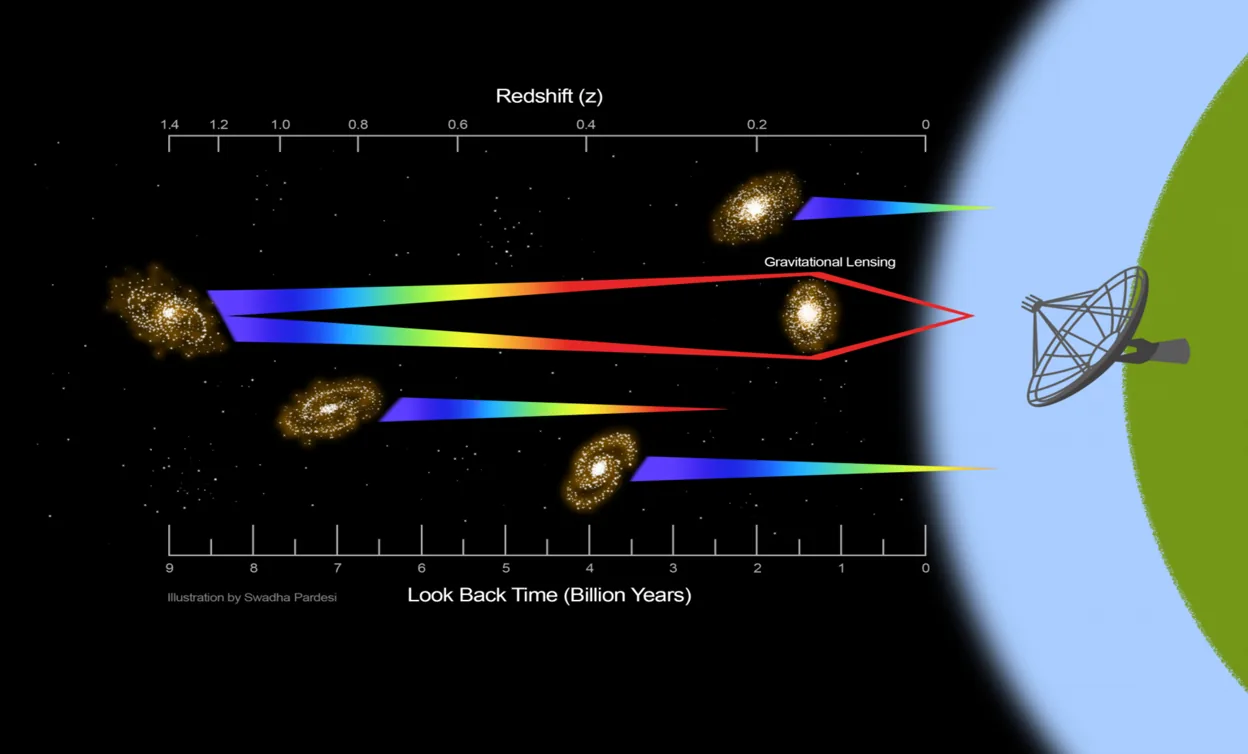Humans are obsessed with finding extraterrestrial life. From sci-fi movies to conspiracy theories about Area 51, we’ve spent decades wondering if we’re alone in the universe. But despite our best efforts, ET seems to be playing an epic game of hide-and-seek. Enter quantum computing—the tech equivalent of a cosmic magnifying glass. It’s like Sherlock Holmes, but for aliens. And trust me, this detective doesn’t need a deerstalker hat to solve the mystery.

So, what’s the deal with quantum computing, and why is it the key to finding our interstellar neighbors? Buckle up, because we’re about to dive into the quantum realm, where things get weird, wonderful, and maybe a little wibbly-wobbly.
The Problem: Space is Big (Like, Really Big)
Space isn’t just big; it’s mind-bogglingly, overwhelmingly, ridiculously massive. We’re talking about billions of galaxies, each with billions of stars, many of which have planets that could host life. Now, imagine trying to sift through all that cosmic noise to find a tiny “Hello, humans!” signal from an alien civilization. Tough job, right? That’s where quantum computing enters the scene like a sci-fi superhero.

Quantum Computing: The Ultimate Space Detective
First things first: quantum computing isn’t your average laptop. Your regular computer uses bits—tiny switches that are either on (1) or off (0). Quantum computers, on the other hand, use qubits. These little guys can be 0, 1, or both at the same time (thanks to a phenomenon called superposition). It’s like having a light switch that’s simultaneously on, off, and maybe also a toaster. Mind-blowing, right?

But wait, there’s more! Qubits can also be entangled, meaning they’re connected in such a way that changing one instantly affects the other, no matter how far apart they are. Einstein called this “spooky action at a distance,” which sounds like the title of a animated Halloween movie, but it’s actually the secret sauce that makes quantum computing so powerful.

Number 1. Finding the Signal in the Noise
The Search for Extraterrestrial Intelligence (SETI) is constantly scanning the skies for unusual signals that could indicate alien communication. The problem? Space is loud! Radio waves from pulsars, quasars, and even our own satellites create a ton of background noise. Quantum algorithms can sift through this cosmic mess way faster than classical computers, filtering out the static and zooming in on potential alien signals.

2. Simulating Alien Worlds
Quantum computing is a game-changer for studying exoplanets—those mysterious, distant planets outside our solar system. Scientists look for biosignatures like oxygen, methane, and other chemicals that hint at life. Think of it as a cosmic dating app, but instead of swiping left or right, we’re looking for planets with the perfect mix of oxygen, water, and maybe a little alien romance. Classical computers struggle with simulating complex atmospheric interactions, but quantum computers? They munch through that data like a black hole devouring a star.

3. Solving the Mystery of Life
What if life exists in a form we can’t even imagine? Quantum computing can model exotic biological processes and help us understand how life could evolve under extreme alien conditions—maybe even silicon-based life instead of our boring carbon-based version.

4. Optimizing Interstellar Missions
NASA and other space agencies are constantly planning new missions to search for habitable worlds. Quantum computers can optimize spacecraft routes, fuel usage, and even communication delays, making deep-space exploration much more efficient. Imagine a quantum-powered AI plotting the fastest way to an exoplanet—no more “are we there yet?” moments in space!

The Future: First Contact?
So, what does the future hold? Well, quantum computing is still in its early stages, but it’s potential is undeniable In the coming decades, we could see quantum-powered telescopes, AI-driven alien signal detectors, and maybe even a quantum app that lets you text your extraterrestrial pen pal.
As technology advances, we might finally get answers to some of the biggest questions in the universe: Are we alone? If aliens exist, do they like pizza? And most importantly, can they lend us their quantum processors?

But let’s not get ahead of ourselves. Quantum computing isn’t a magic wand—it’s a tool. And like any tool, it’s only as good as the people using it.
So, the next time you stare up at the night sky wondering about life beyond Earth, just know that quantum computing is working behind the scenes to crack the ultimate cosmic mystery. Maybe, just maybe, one day soon, we’ll pick up a signal that simply says: “Hey humans, what took you so long?” 👽
To phir….

Stay curious, and keep looking up, join us for a stargazing event- for more information visit axsx.in!


5 responses to “Can we use Quantum Computing for Searching the Alien Life?”
Space isn’t just big; it’s mind-bogglingly, overwhelmingly, ridiculously massive.
love this line .
“our boring carbon-based version.”
You made the biologist unhappy 😂
Badhiya likha hai!
Oh lol
If quantum computing has the potential to revolutionise our search for alien life, could the same technology already exist with extraterrestrial civilisations? If so, why haven’t they used it to reach us? Is it possible that they don’t have quantum computing, or are there other limitations preventing their communication with us?